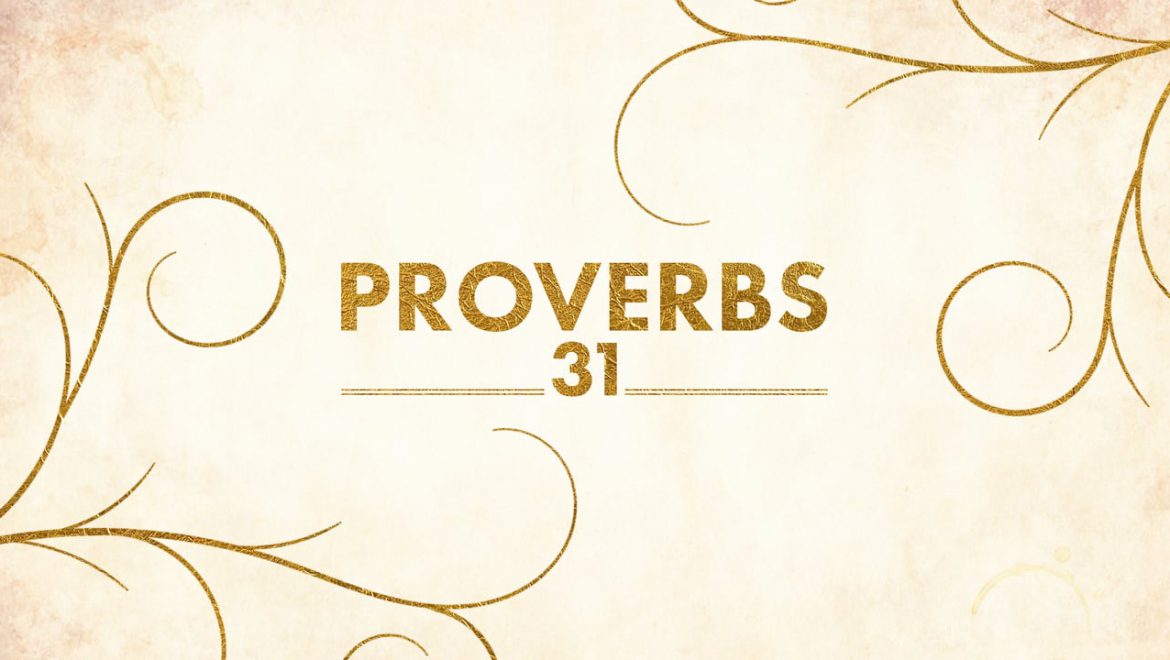
This brief article from Wikipedia offers an introduction to Proverbs 31, the Biblical source for Eishet Chayil. It provides both literal and classic interpretations of the text, and gives different theories as to the authorship of the poem. To see a list of sources referenced, see the footnotes at the end of the original article.
Proverbs 31
Chapter 31 of the Book of Proverbs in the Hebrew Bible is presented as advice which Lemuel‘s mother gave to him, about how a virtuous king should reign, and also detailing the attributes of a virtuous wife or ideal woman. The second section of text of this chapter directs women to be industrious and fear the Lord.
The 8th and 9th verses are in defense against inequality and injustice: «Speak up for those who cannot speak for themselves, for the rights of all who are destitute. Speak up and judge fairly; defend the rights of the poor and needy.»
The 10th to 31st verses of the chapter are called «Eshet Ḥayil» (אשת חיל, woman of valor). It is a praise of the good wife, a definition of a perfect wife or «ideal woman» in Judaism. This «Woman of Valor» has been described as the personification of wisdom, or in some sense as a description of a particular class of Women in Israel, Persia, or in Hellenistic society. It is one of the thirteen alphabetical acrostic poems in the Bible. Traditionally, the Eishet Ḥayil was viewed as written by King Solomon and many prominent theologians continue to hold this belief. However there is a more recent branch of critical scholarship which suggests it was added to Proverbs later.
This chapter is recited on Friday night, before Shabbat dinner in some Jewish homes. Some see this as a praise directed from the husband to his wife. It has also been suggested that the son in Proverbs 31 is King Solomon, receiving advice from Bathsheba, herself the wife of King David.
The word חיל (Ḥayil) appears in verses 10 and 29 of the passage, thought as the summary of the good woman’s character. Traditionally it has been translated «virtuous» or «noble.» Some scholars have suggested that it rather means «forceful,» «mighty,» or «valiant» because the use of the word in the Tanakh is almost exclusively used regarding warfare.
The chapter has been emphasised within the biblical womanhood movement, and a number of books have been published on the «Proverbs 31 woman». This emphasis has been subject to criticism in Christian articles.


